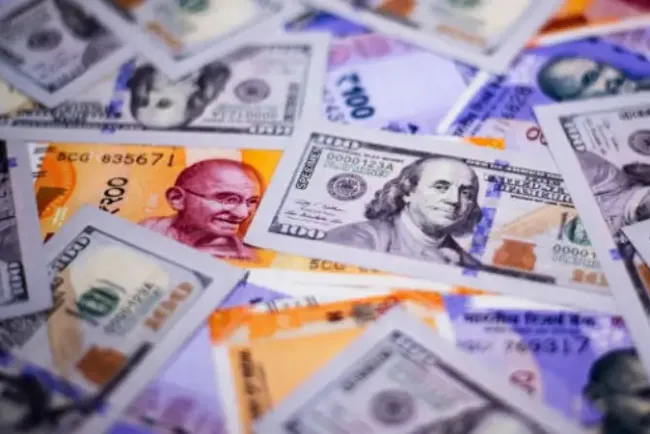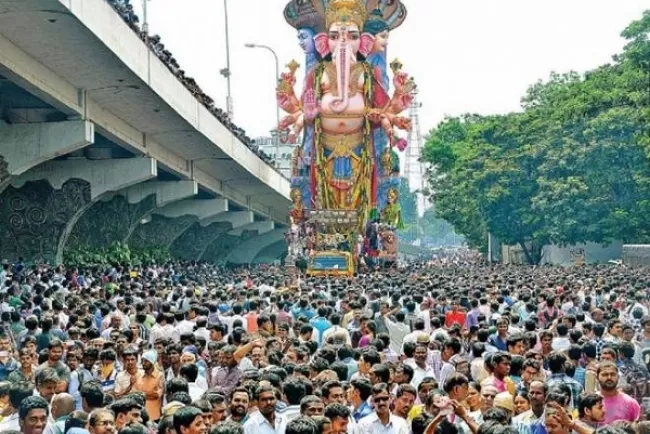Trump Optimistic on Iran Nuclear Deal: A Path Toward Peace or Continued Tensions?
Former President Trump expresses hope for a peaceful resolution to Iran's nuclear ambitions, with new insights from Tehran signaling possible willingness to negotiate. What does this mean for global stability?
In a recent development, former President Donald Trump has indicated optimism regarding the potential for a nuclear deal with Iran, aiming to circumvent military action against Tehran's nuclear sites. Amidst rising tensions, the Iranian Supreme Leader's top adviser revealed that Iran is prepared to enter into negotiations under specific conditions, including the lifting of economic sanctions.
Iran's Conditions for Negotiation
Ali Shamani, a key political and military figure in Ayatollah Ali Khamenei's administration, articulated Iran's readiness to agree to a nuclear deal that would entail several commitments. According to Shamani, Iran would ensure it does not pursue nuclear weapons, eliminate its stockpile of enriched uranium, and restrict uranium enrichment solely for civilian purposes. Additionally, Iran would allow comprehensive monitoring by international inspectors, contingent upon the immediate removal of economic sanctions.
This comment marks a significant shift in rhetoric from Iran's leadership, suggesting a willingness to engage constructively with the United States. Shamani emphasized that Tehran could finalize a deal swiftly if Israeli Prime Minister Benjamin Netanyahu refrained from undermining the negotiations in Washington.
U.S. Stance on Iran's Nuclear Program
Trump reiterated his commitment to finding a peaceful resolution to the nuclear issue, placing the onus on Iran to actively participate in discussions. He characterized the current situation as a binary choice between a friendly or non-friendly approach, underscoring his preference for diplomacy over conflict. The former president stated, "The responsibility now lies with Iran to engage in talks," highlighting the importance of productive dialogue.
Despite Iran's consistent denial of intentions to develop nuclear weapons, the International Atomic Energy Agency (IAEA) has reported that Tehran possesses enough enriched uranium close to weapons-grade levels to potentially create six nuclear bombs. This alarming assessment adds urgency to the negotiations.
Navigating Complex International Dynamics
The dynamics surrounding the nuclear deal are further complicated by Israel's involvement. The Israeli government has historically opposed any agreements perceived as allowing Iran to retain nuclear capabilities. As negotiations unfold, the interplay between Israeli interests and U.S. diplomacy will be crucial in shaping the outcome.
The prospect of a deal remains uncertain, yet Shamani's remarks indicate an opening for dialogue. If the U.S. and Iran can overcome mutual distrust and external pressures, there may be a pathway toward de-escalation in the region.
Conclusion
As discussions regarding Iran's nuclear program evolve, the international community watches closely. Trump's assertion of a preference for a friendly resolution reflects a broader desire for stability in a volatile region. However, the path to a comprehensive agreement hinges on Iran's willingness to meet the outlined conditions and the geopolitical ramifications of U.S.-Israeli relations. The coming weeks will be pivotal in determining whether diplomacy can prevail over conflict, potentially reshaping the landscape of Middle Eastern politics.
Stay connected for more updates on this developing story and its implications on global affairs.
What's Your Reaction?
















